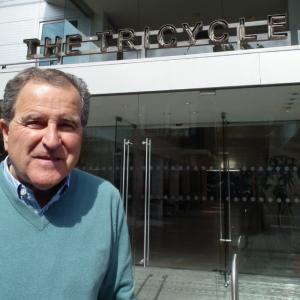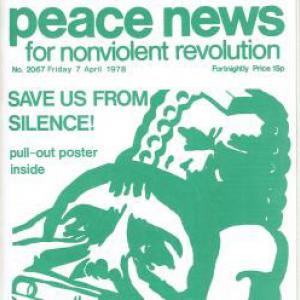One group has been working with the local community to raise awareness about the arms fair and to keep up the pressure on the organisers.
East London Against the Arms Fair (ELAAF) is a group of people who live in London's Docklands area and have protested against the arms fair since it was first held in the area. One of our aims is to inform local people about what is happening on their doorstep and to encourage their support.
Raising AwarenessTo this end we have been…



